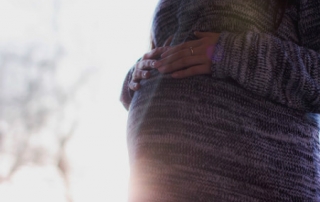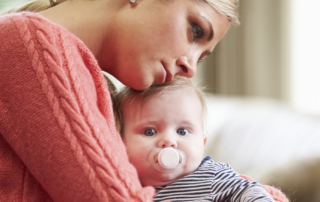Pregnancy and the Postpartum Period: A Time of Vulnerability for Women with OCD
While we have now a fair amount of information regarding the course of major depression and bipolar disorder during pregnancy and the postpartum period, we have much less information on the course obsessive-compulsive disorder (OCD). [...]








